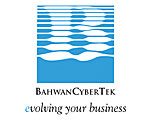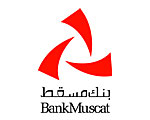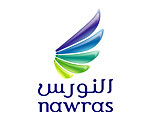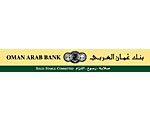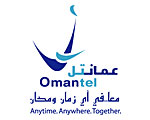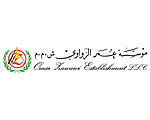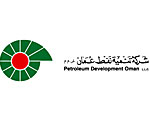Walter James was, for many years, the Head of IT at Nizwa College of Technology. He is currently in the UK carrying out postgraduate studies at University of Central Lancashire.
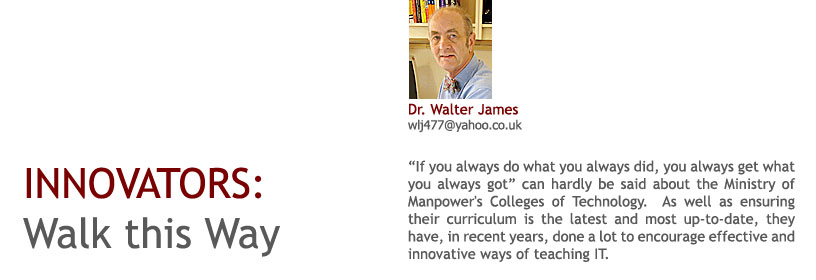
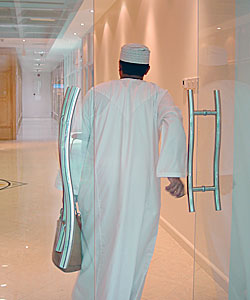
Innovative teachers of IT can open doors to creative software tools with which students can build their own place in the future of Oman. IT in its many specialist facets is now the glue for joining existing ideas with new ones. However, not all students see it this way.
Memory Man
In the past, many students answering the question “Have you studied database?” would answer proudly “Oh, yeah. I've done that. That was last year and I got 90% in the exam.” What they have in mind when they say this could be: “I memorized all that the lecturer said about that for just long enough to get it all on the exam paper to get the marks I needed. You surely don't expect me to still know about it now, do you?”
Teachers of IT, because of the wealth and depth of material a computer can present, have been able to reduce this problem by letting students first do things intuitively themselves so that much of the later explanation becomes easy. Most colleges have realized the advantage of putting their students through compulsory foundation programmes in which touch-typing and the skills of controlling a mouse are prerequisites for continuing. A student with these basic skills can, for example, then use the movement of a mouse in a design package, along with what he sees happening on a screen, and the way the software is reacting to his actions, to gain understanding of ideas. Without the barrier of language, this enabled student can then, given the opportunity, learn so much just through his eyes, hands and fingers.
Of course, exams will still be with us for a very long time to come, but, in the light of recent changes suggested by the Ministry of Education in "Oman 2020, The Vision Conference for Oman's Economy", this time may be less than we imagine. Students in Oman are already beginning to see study as a passport to getting saleable personal qualities plus the skills and charisma they will need to get employment or which will put them in a position to work for themselves. In other words, far more than just a process leading to a piece of paper with their name and an “excellent” grade on it.
Projects & Portfolios
Traditions like the value of an exam diploma die hard. Students still see diplomas and degrees as a silver bullet, only to realize afterwards that it is the voice and the persona of the person holding the paper that gets them successfully through a job interview and then through working life. Students are now seeing that pride of ownership of a project portfolio which they can delve into, demonstrate and explain in depth, counts for far more than just the grade on the diploma ever did. Having a project portfolio in their hands often gives the student the confidence they need to project themselves and to come across as a team player with ideas needed to solve problems, and not just as someone who remembered the answers to questions in an end of term exam.
Emphasis on practical work and projects as a substitute for the objectivity of an exam paper brings with it its own problems. Meaningful practical work demands students work together and co-operate and this sometimes leads to the work being done mostly by one student and then being copied (with suitable cosmetic changes to confuse the lecturer) by the others in the group. Presentations and oral exams, though demanding and time-consuming, provide the solution to this. Students who know from the beginning that their work will be assessed as they go along (not just from the appearance of the elegant folder at the end) become far more careful to make sure that they do participate fully and take steps to make sure the lecturer knows what they are doing throughout the process not just at the end of it.
Giving a student credit for things he has clearly done himself and can use his own words to explain is a difficult thing for a teacher to do but the value of doing it successfully can build over time and bring about a seed change in the way students work and respond to the education process.
Pointers & Exemplars
For those who may be interested in the experience of one successful college, the following are given as examples.
- Students attending the College of Technology in Nizwa benefited from a series of Deans who took a liberal approach to its computer labs being kept open long hours after the rest of the college closed. Perhaps tolerance of game-playing also had something to do with it, but somehow a strong work ethic and a passion to learn did build up there.
- An appreciation of the way Open Source software was a strong force in the world dawned early in Nizwa. In 1997 it was using the Slackware and Red Hat 5.0 versions of Linux to provide students with network practice and by 1999 had been using Perl 5 to provide CGI responses to the demands for interactive response to web pages. Windows servers powered by Samba were something the students had known about for a long time, Proxy Servers run by Squid and e-mail servers running under CommuniGate were all things they'd seen and used.
- However, all of this has little importance compared to the students the college created. Hamed Al-Salmi was one of these who were different. Somehow he'd been inspired by the power of computer graphics and what they could do to his web pages. Graphics was not part of the curriculum at that time, but he made it part of his. He realized too that the best way to learn something is to teach it to others. Teaching staff at Nizwa will remember his regular lunch-time talks for the lucid way he taught us the use of Flash and Swish. In those days, Hamed's Oman flag was the one which waved at you.
- Another Nizwa student who took Linux fully to heart was Bader Al-Mameri. Part of his passion was for virtual machines. It was a proud day for him when he pointed to four extra computers showing up on everyone's Network Neighbourhoo each one running in 32Mb of the RAM hosted by Linux on his classroom PC. This passion extended to his home at weekends where he (with permission) borrowed network components from the college to have his own client/server network between his living room and his bedroom. Another of Bader's unusual traits was to ask a question just to find out if he was on the right track. The next day he'd tell you that this was no longer a problem as he'd now “solved it”.
- In those days, something that made doing IT at Nizwa just that bit special was the association of each of the student projects with a Ministry or a company. To the companies concerned, this may have been a small thing at the time. Few of them promised more than to provide the students with some realistic data and to take a look at their end result. The enthusiasm of the students and the quality of the PHP/MYSQL data-enabled web sites they were creating quickly turned things into far more than this. When one Ministry realized that the database of its wells being created was a real and viable one, there was a noticeable flow of visitors from their offices to check on and talk to the students doing their work. Certainly nothing like this had happened before.
- All of the Ministry of Manpower's Colleges have book loan and return systems in their libraries. The one at Nizwa, created by a student project, now has almost five years of data standing behind it. It is the pride of Mr. Ismail the librarian, who still calls upon the students who wrote it when it needs to be maintained and updated.
Build Your Own Future
As a teacher of IT, in the time I've been in Oman, the thing most sought after by any student would always have been to get, at the end of their studies, “a Ministry job”. In the light of this, Nizwa College of Technology can boast two particular achievements:
- a) One of its IT students took the brave decision that working as a freelance database/web designer gave him the opportunity to work for all the Ministries rather than just one. He and his partner kept this up for nearly two years before opting for the “security” of employment.
- b) Girls, who in Oman have traditionally had much more difficulty finding jobs than boys, have come to see the possibility of becoming an entrepreneur as a real and viable alternative. Doing this and turning their back on all the tradition of their family's past is a big step for any girl to take but one from Nizwa College, Jameela Al-Shakshi, may well be among the first Omani girls to make the jump to doing just this as she is discussing a business plan with management at the Knowledge Mine, the business incubator programme based at Knowledge Oasis Muscat.

